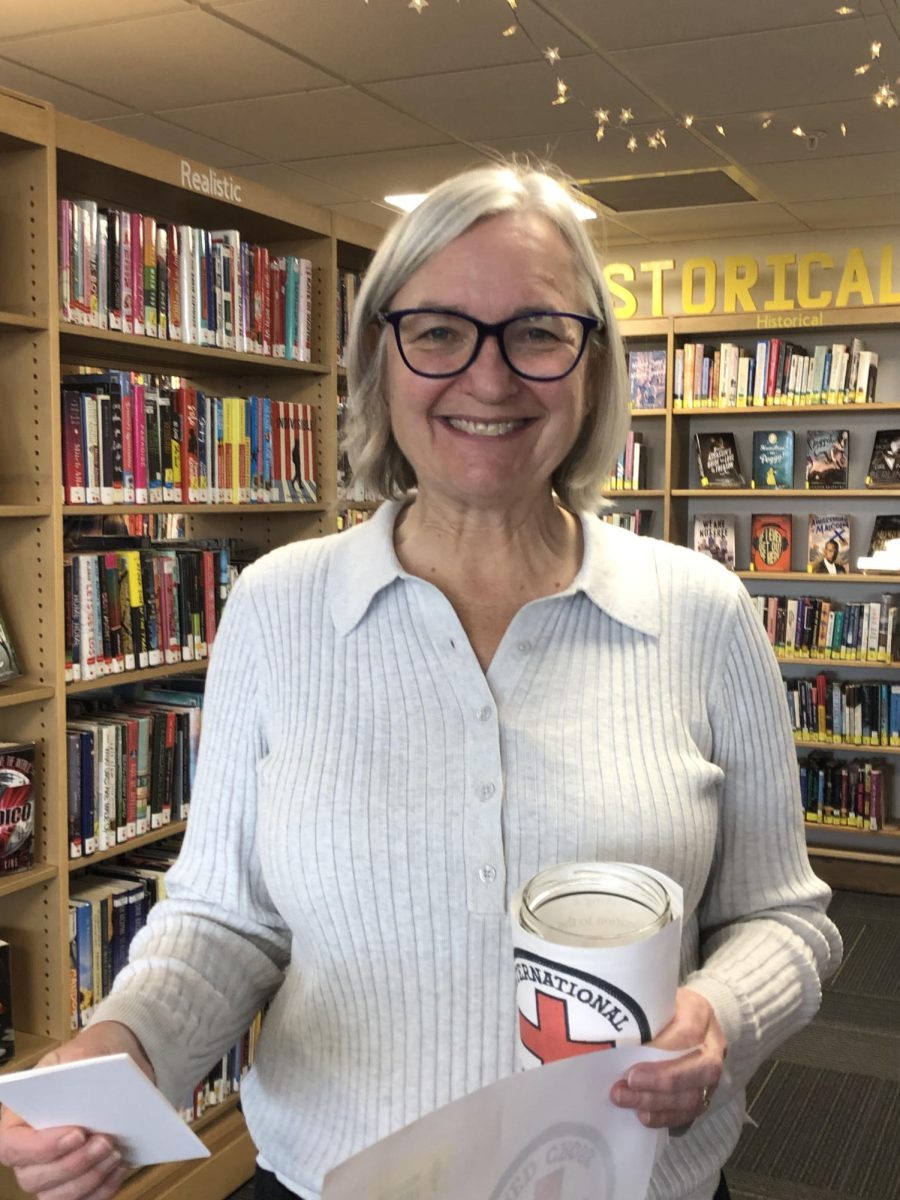It is no secret that interest in reading has diminished over recent decades.
Statistics have shown that reading levels across all ages have dropped significantly in the last few decades. There are many possible cases for why this has become the case: technology, laziness, and even simply lack of time or interest.
An interview with one of Sentinel high school librarians, Kim Rott, provides insight on how these issues have developed from her point of view.
Being a librarian, of course Rott is aware of the decreased interest in reading over the years. Though it is more common to hear about in teens, she also says that the lack of reading is “not just students, it’s universal.”
She also says that one of the biggest reasons for high schoolers’ lack of self-imposed literature is lack of time. This is especially true for students who engage in any kind of extracurricular activities. Having to combat hours of school work on top of any commitments that come with being involved in social situations leaves very little time or energy to spare on reading.
The underlying cause, she thinks, lies with two factors: technology (specifically cell phones) and the lack of time most teens have. The latter she can relate to.
“I just feel like I have a lot less time in my day too, and then at the end of the week when I see how many hours of that I spent on my phone, I’m like, if I had spent half of those hours reading a book I would read a lot more.”
Again, this is not just a problem with teens. Rott believes that if we went back to when smartphones became the norm, she saw herself reading much more than she does now. “I read twice as much as I [did then].”
Now her reading stands at around two books per month…when she used to read a book a week.
Rott believes that a big factor that plays into kids reading less is what kind of books they are reading and, by consequence, being recommended. Her confidence in this encouraged her so much that when she had started as a librarian around fifteen years ago, she started keeping a journal regarding every book she read.
She wanted to keep track of every book she loved and would want to recommend it to someone else in order to be the best librarian she could be.
When it comes to recommending books to high school students, Rott confidently says that “there are a lot of those,” referring to books high schoolers should at one point read.
Rott explains that she believes in this so wholeheartedly because she is scared that the future generation’s of U.S. citizens will be lacking in the significant “cultural references” that books provide if society continues on this path.
Of course, there is the matter that not all school students enjoy reading of their own free will, this is why Rott fully supports the reading that is required of students in their respective grades.
However, it is also why she takes the time to consider who might also enjoy the book. Despite having read numerous Young Adult (YA) books for this reason, Miss Rott does have some opinions about this particular genre.
Rott’s main trife with these books is that they have a tendency to be “so simplistic that I’m like, I know the plot right now.” These instances can be so flagrant that she says all it takes is reading one page until she knows exactly how the story is going to go.
However, impactful YA books are still available (even if they are a little predictable). “Anything by John Green,” she says because “even if they’re predictable, there’s going to be something rich and wonderful in them.”
For her that’s what it takes. A book can be completely predictable, but if it possesses something “rich and wonderful” then it is still something completely worth reading.
Rott’s personal favorites have a tendency to fall under two specific categories: “I actually like nonfiction,” she says. “Nonfiction and historical.”
Though she does agree that these two genres are not typically fan-favorites amongst readers, she says that these genres have always held a special place in her heart.
Her reasoning is that “when you finish it (referring to books of this genre), you look at the world a little differently.” Reading books that explore different perspectives and personal experiences of people all around the world has always been a big drive for her to continue in these authors and their stories.
One specific author she recommends is Malcom Gladwell. She refers to him as the “Gateway drug to nonfiction” because of his ability to “[take] ideas that are super interesting and then explore them in his books.”
Other than his interesting topics and beautiful writing, Rott is drawn to him so thoroughly because reading his writing makes it “sound like he’s talking to you.”
With Kim Rott having such a profound love for reading and books of all kinds it truly encourages one to believe that, even if they may not have the best relationship with reading now, there is always time to make that connection.
As she put it so beautifully, “There’s just so many positive things that come out of never losing your love of reading for you as an individual and for us as a society.”




